You want the potential audience member to be able to judge if this is a show to their/ their familys taste, and to encourage new visitors.
I recently conducted an online study across various theatre audience discussion groups, mainly based in the UK, in the autumn of 2020, especially focussed on what information is often missed out by venues and production companies, in marketing theatre shows, and consolidated the main feedback.
Where a reason may be more obscure, I have included an explanation as to why people like the information.
For us as a company, this information will be used to redesign our box office page, as well as creating a template document of production information for the box offices/ marketing managers of all venues which we tour to, in addition to the usual supply of posters and usual marketing materials.
Content notes that people like to know
- Swearing
- Nudity/ sexual content
- Violence
- Synopsis (what is it about, what genre etc?)
- Loud sounds (unexpected loud sounds can cause distress to people with some forms of autism, though with warning ahead of time, they are usually fine.)
- Strobe / flashing lights (can induce seizures for people with epilepsy)
- “if this show were a film what rating would it be?” (helpful to people who may be unsure if they are able to bring children of a certain age – this was one of the biggest reasons families don’t book for new shows, especially in London-based audience groups).
- Is there an interval?
- Running time?
- Is there a social/ political/ religious bias to the show (is it promoting a certain agenda?)
- Who is in the show? (Main cast, technical crew, etc).
- Where is the nearest carpark?
- Where is the nearest bus stop and what buses run from it?
- Are there “relaxed” performances suitable for people with neuro-diverse family members?
- How is the auditorium accessed? (is there space for wheelchairs, etc)
- Are there captioned or signed performances?
- (from one person) what are good local restraunts for a pre-show meal?
- Is there merchandise from the show available to buy? (one person also requested price list)
- Are there toilets available to use?
- Does the venue have a dress code?
- Has the company created an education pack suitable for children/ students (especially important for Shakespeare/ classical work/ educational works)
- Is there a "social story" available as a downloadable book or video, to show neuro-diverse people what to expect when visiting the theatre to see your show?
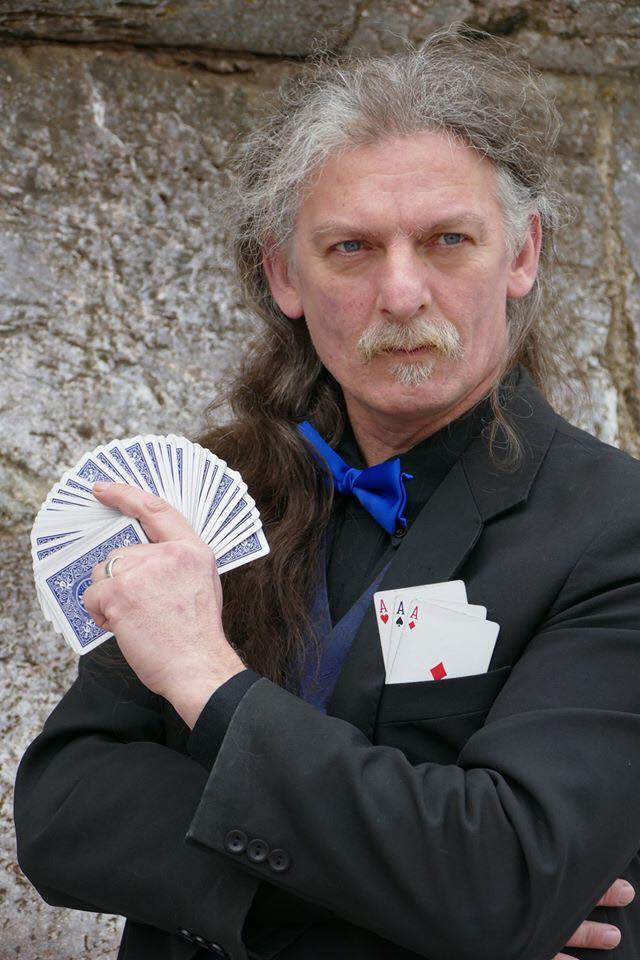
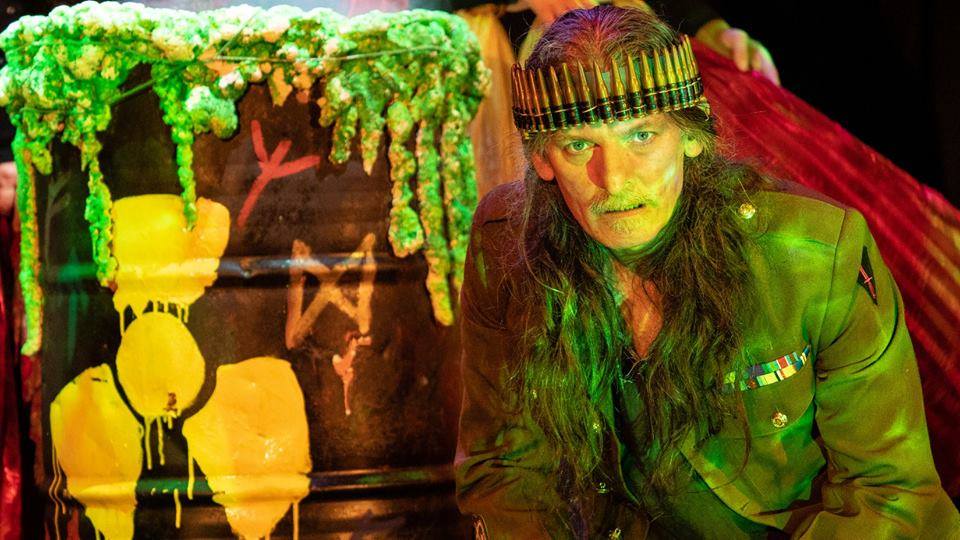
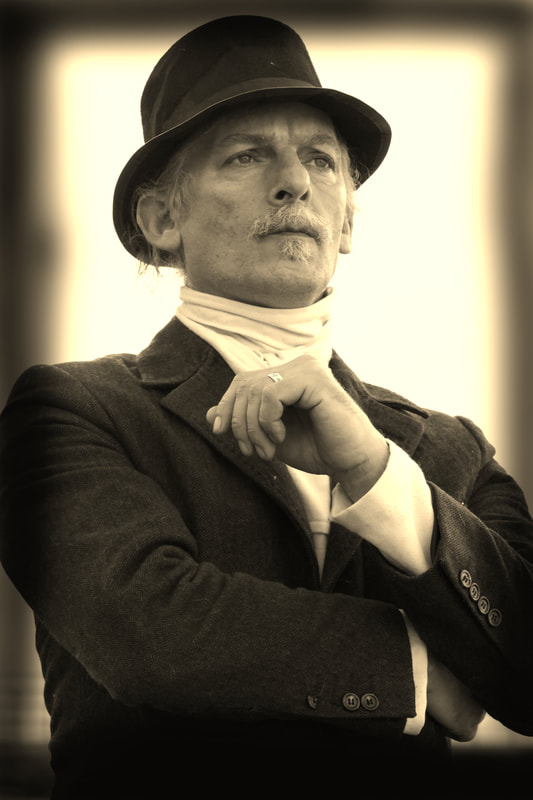
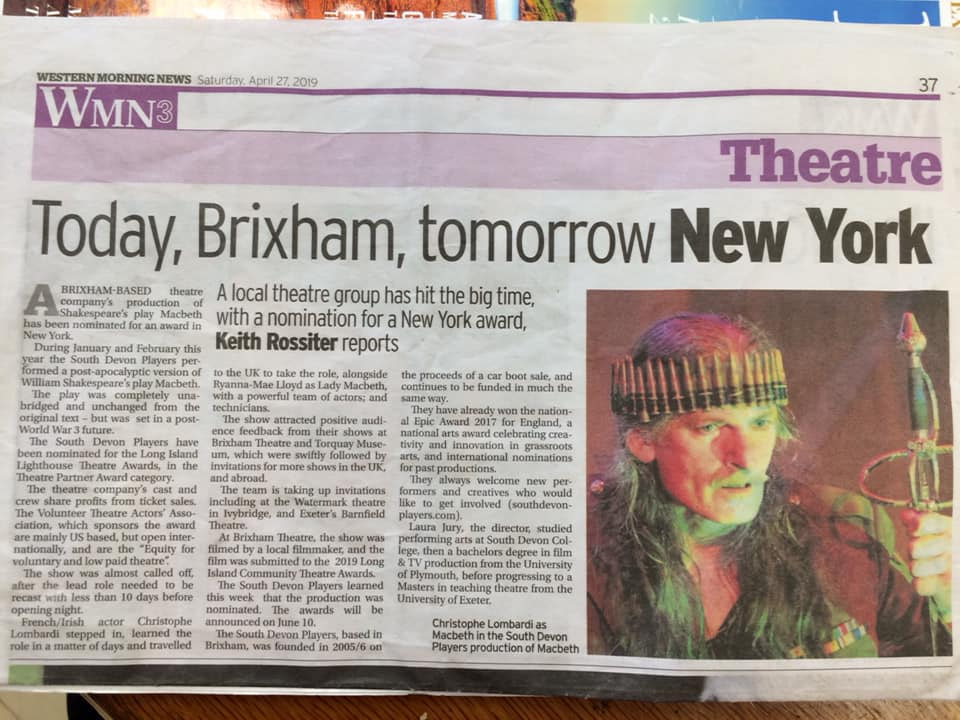
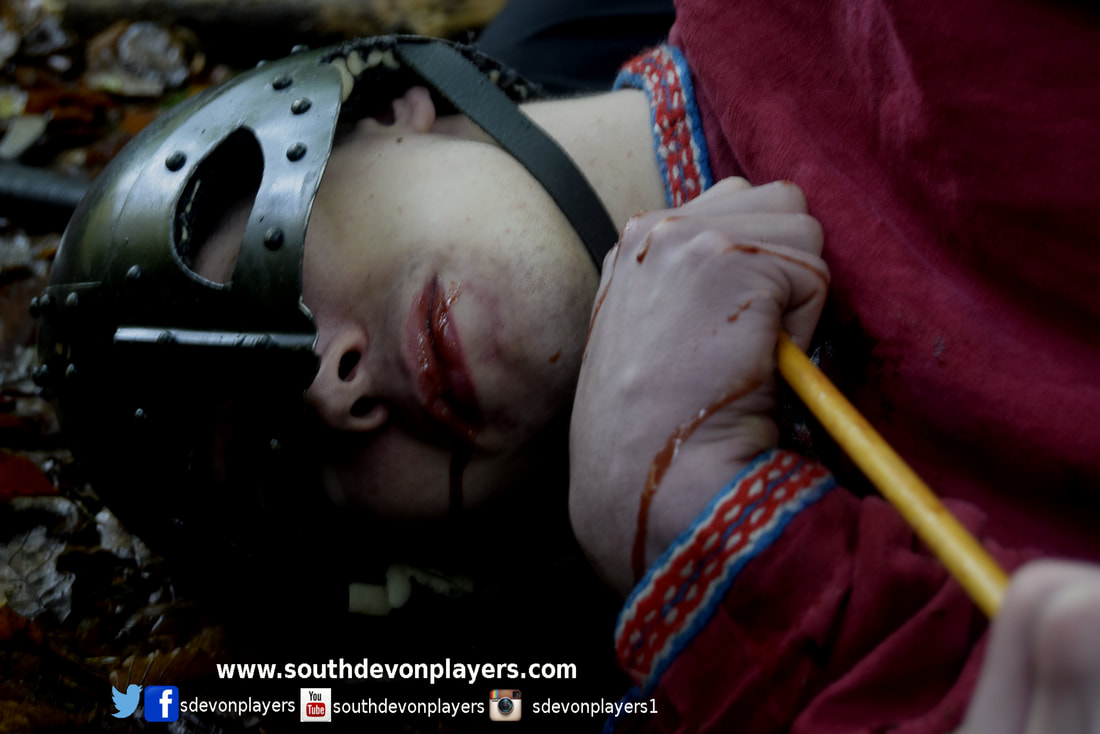
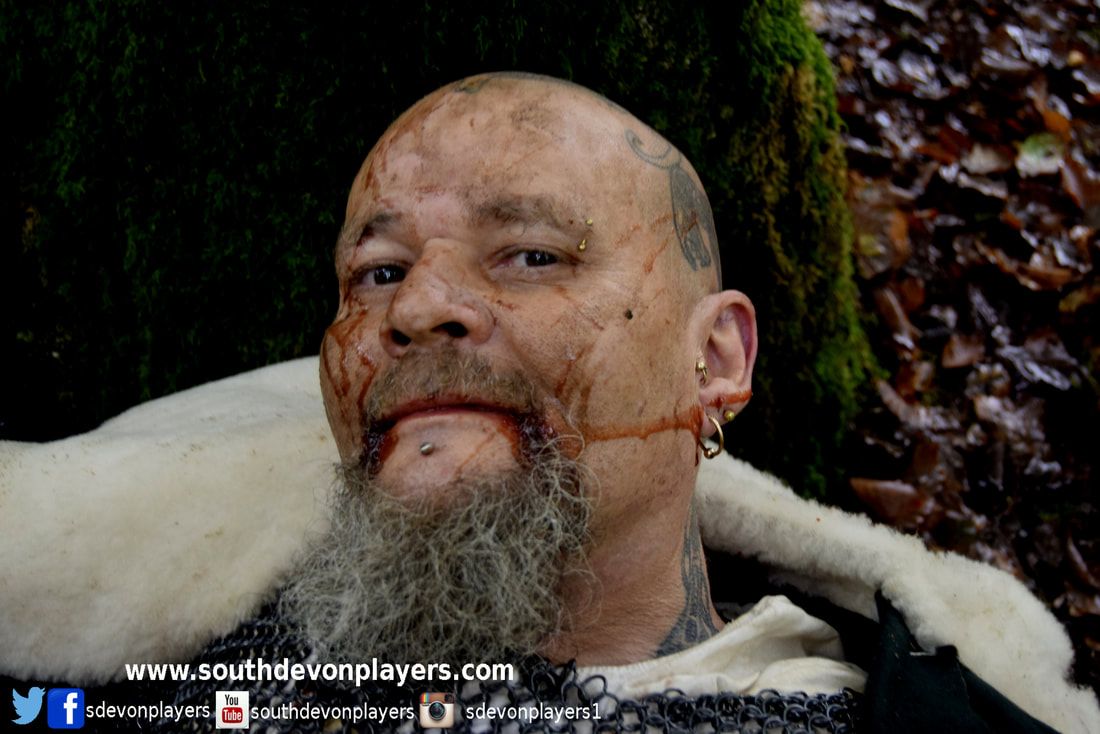
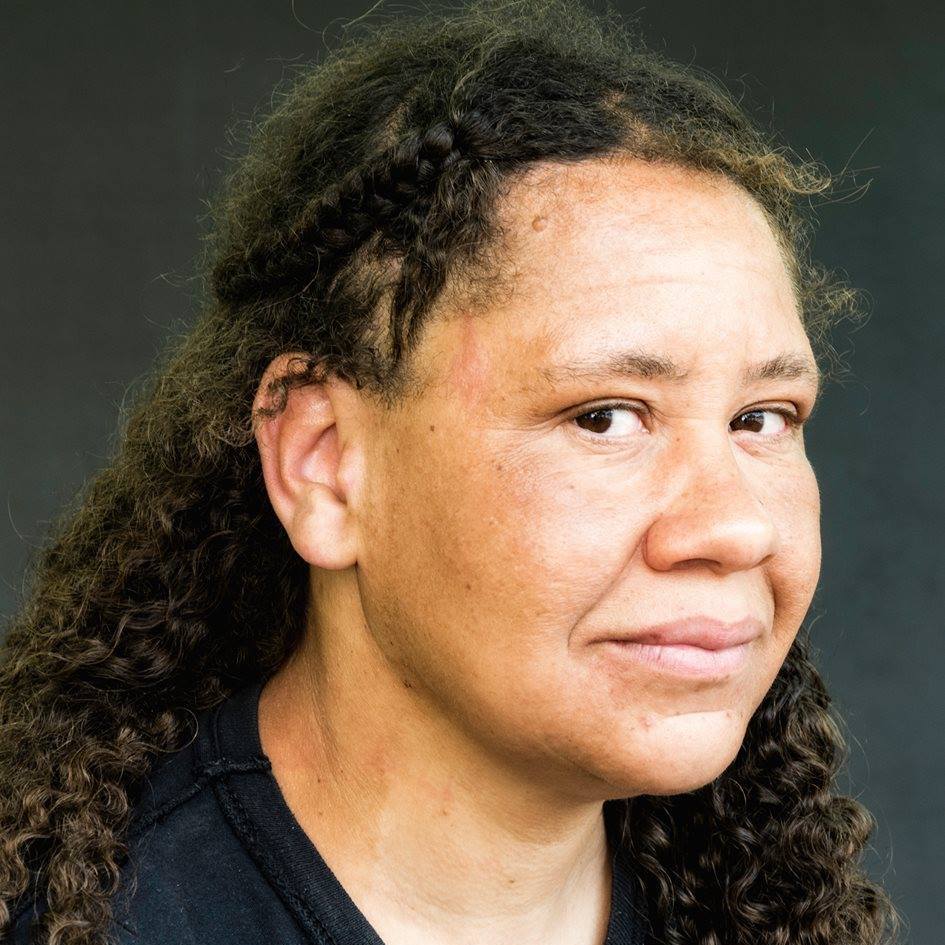
 RSS Feed
RSS Feed
